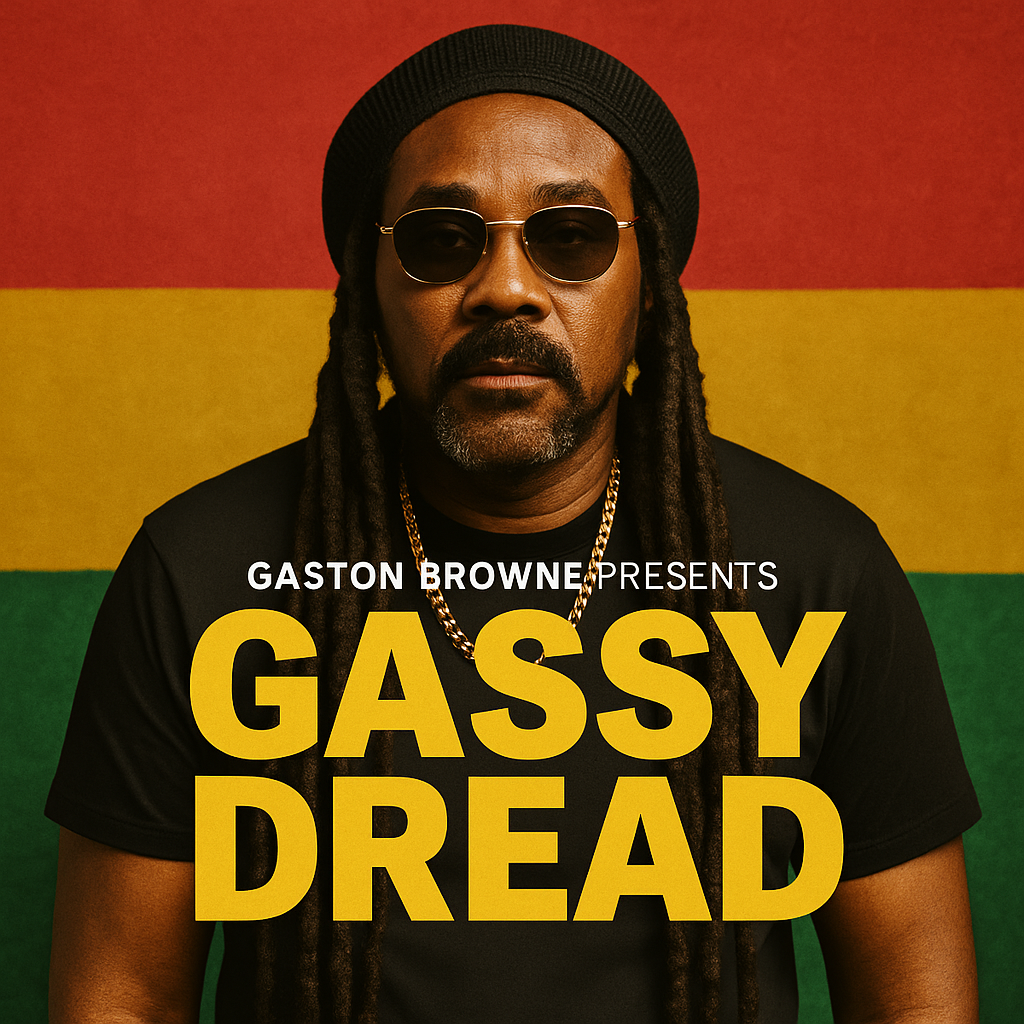The Eurovision Song Contest, a remarkable event attracting around 163 million viewers last year, remains a topic of excitement and discourse. With such a vast audience, many have differing expectations on what constitutes an ideal contestant. Should one select an emotional ballad that evokes feelings of love, or a lively spectacle of vibrant costumes and dazzling performances that gets everyone in the mood for celebration?
According to Joe Bennett, a forensic musicologist from Boston's Berklee College of Music, there are two primary styles that dominate Eurovision entries. The first is the energetic "Euro-banger," characterized by high-tempo beats and synth-heavy arrangements, exemplified by Sweden's Euphoria from 2012 and Heroes from 2015. The alternative is the slower ballad, such as Portugal's Amar Pelos Dois and the Netherlands' Arcade, which tends to linger in listeners' hearts.
While it is a common perception that Eurovision songs are heavily centered on love and harmony, Bennett identifies six prevailing lyrical themes: love, unity, empowerment, celebration, history, and music itself. Historically, songs that promote self-assertion, like Conchita Wurst's Rise Like a Phoenix, have found considerable success.
When it comes to staging, the advice from experts is to avoid extravagance. Thomas Stengaard, who co-wrote Denmark's 2013 success Only Teardrops, attributes part of this victory to its simplistic stage design, easily memorable for audiences. Vocal coach Carrie Grant echoes this sentiment, emphasizing that extravagant setups can overshadow weaker performances, saying simplicity often works best.
Notably, Bennett observes a trend towards minor keys in Eurovision, suggesting that these often convey greater emotional complexity than major keys. In recent years, a staggering 85% of finalists have performed in minor keys, indicating a potential shift in audience expectations. In contrast, Remember Monday, aiming to stand out this year, has opted for a major key.
The element of surprise can also play a crucial role. Margulis asserts that innovative twists make songs catchier, rather than mere repetition. The classic 1981 entry by Bucks Fizz highlights how key changes combined with visual surprises can leave an impression on audiences.
While traditional songwriting formulas have evolved, the core remains centered on catchy melodic hooks. Success lies in crafting an accessible chorus that resonates with viewers, a lesson underscored by the remaining relevance of key shifts and memorable moments.
Ultimately, Eurovision remains a platform where creativity meets strategy, inviting budding artists to ponder how to stand out in a crowded field of talent. As the contest approaches, aspiring performers can draw upon these insights to enhance their likelihood of triumph.






















